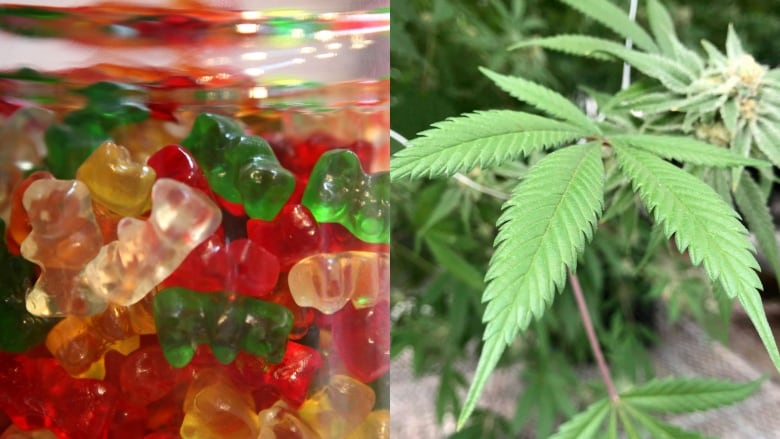How exactly to Obtain a Weed Card: Easiest Steps Unveiled
A arbitrary collection of therapeutic consequences seems in situation of these evidence status. A number of the results will undoubtedly be revealed as valuable, while others carry risk. Some results are barely distinguished from the placebos of the research.
Weed in the treating epilepsy is inconclusive on consideration of insufficient evidence. Nausea and vomiting caused by chemotherapy can be ameliorated by dental cannabis. A reduction in the seriousness of pain in individuals with persistent pain is just a probably result for the usage of cannabis. Spasticity in Numerous Sclerosis (MS) people was described as improvements in symptoms. Upsurge in hunger and decline in fat loss in HIV/ADS patients has been found in restricted evidence.
In accordance with restricted evidence marijuana is useless in treating glaucoma. On the foundation of confined evidence, marijuana is beneficial in treating Tourette syndrome. Post-traumatic condition has been helped by weed within a reported trial. Confined statistical evidence points to better outcomes for traumatic head injury. There’s insufficient evidence to claim that marijuana can help Parkinson’s disease. Restricted evidence dashed hopes that pot could help increase the symptoms of dementia sufferers.
Confined mathematical evidence can be found to aid an association between smoking cannabis and center attack. On the cornerstone of restricted evidence weed is inadequate to take care of depression. The evidence for decreased risk of metabolic issues (diabetes etc) is restricted and statistical. Cultural anxiety problems can be served by pot, although the evidence is limited. Asthma and marijuana use isn’t properly reinforced by the evidence both for or against. Post-traumatic disorder has been helped by cannabis in one noted trial. A conclusion that cannabis might help schizophrenia sufferers can not be reinforced or refuted on the cornerstone of the confined character of the evidence Wyld Gummies.
There is moderate evidence that better short-term sleep outcomes for disturbed rest individuals. Pregnancy and smoking cannabis are correlated with reduced beginning weight of the infant. The evidence for swing due to marijuana use is restricted and statistical. Dependency to cannabis and gate way issues are complicated, taking into account several parameters that are beyond the range of the article. These problems are completely discussed in the NAP report.
The evidence suggests that smoking pot doesn’t raise the danger for several cancers (i.e., lung, head and neck) in adults. There’s moderate evidence that marijuana use is connected with one subtype of testicular cancer. There is little evidence that parental pot use all through pregnancy is associated with larger cancer chance in offspring.
Smoking weed on a typical foundation is connected with chronic cough and phlegm production. Stopping pot smoking will probably minimize chronic cough and phlegm production. It is cloudy whether cannabis use is connected with serious obstructive pulmonary disorder, asthma, or worsened lung function. There exists a paucity of knowledge on the consequences of marijuana or cannabinoid-based therapeutics on the individual resistant system.
There’s inadequate data to draw overarching ideas concerning the consequences of weed smoke or cannabinoids on immune competence. There is restricted evidence to suggest that typical contact with marijuana smoke might have anti-inflammatory activity. There is inadequate evidence to support or refute a statistical association between cannabis or cannabinoid use and adverse effects on resistant status in people who have HIV.